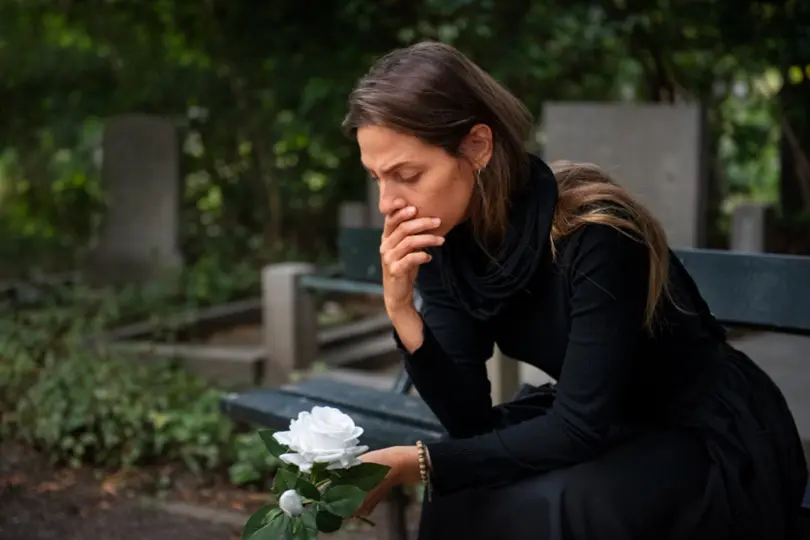
The loss of a child is one of the most profound and devastating experiences a person can endure. It reshapes the landscape of life, leaving behind a void that words often fail to describe. Grief in this context is not linear, nor does it follow a predictable path. It is deeply personal, complex, and enduring. While there is no “right” way to grieve, there are approaches that can help individuals navigate the pain and begin to find moments of peace and healing.
Here are four compassionate and practical tips for coping with the loss of a child.
1. Allow Yourself to Feel Without Judgment
Grief manifests differently for everyone. Some may cry daily, others may feel numb or disconnected. There is no standard timeline or emotional roadmap for mourning a child. One of the most important steps in healing is permitting yourself to feel without guilt, shame, or judgment. Suppressing emotions or trying to “stay strong” for others can delay the healing process. Whether it’s sadness, anger, confusion, or even fleeting moments of joy, each emotion deserves space. Journaling, speaking with a trusted friend, or simply sitting quietly with your thoughts can help you process your feelings in a safe and honest manner.
2. Seek Support from Grief Counselors and Support Groups

Isolation can intensify grief. Connecting with others who have experienced similar loss can offer comfort and validation. Support groups, both in-person and online, provide a space to share stories, listen, and feel less alone. These communities often foster deep empathy and understanding, as members speak a language of grief that others may not fully grasp. Professional counseling is also a valuable resource. Therapists trained in bereavement can guide you through the emotional terrain, offering tools to cope and strategies to rebuild. Even if you’re not ready to talk, knowing that support is available can be reassuring.
3. Honor and Remember Your Child in Meaningful Ways
Creating rituals or keepsakes to honor your child’s memory can be a powerful part of the healing journey. These acts serve as bridges between the past and present, allowing you to maintain a connection while also moving forward. Some parents plant trees, establish scholarships, or participate in charity events in their child’s name. Others find comfort in personalized mementos, such as memory boxes or custom artwork. One increasingly popular option is lock of hair jewelry, which incorporates a small lock of the child’s hair into a wearable piece. This tangible tribute allows parents to carry a part of their child with them, offering both emotional closeness and a sense of continuity.
4. Embrace Moments of Joy Without Guilt
After a loss, experiencing joy can feel confusing or even disloyal. Many grieving parents struggle with the idea that smiling, laughing, or enjoying life somehow diminishes their love or remembrance. But healing does not mean forgetting—it means learning to live alongside the grief. Embracing moments of happiness is not a betrayal; it’s a testament to resilience and the enduring capacity to love. Allow yourself to engage in activities that bring you peace, whether it’s spending time in nature, pursuing a hobby, or simply enjoying a quiet cup of coffee. These moments are not signs of moving on—they are signs of moving forward.
Conclusion
Coping with the loss of a child is a lifelong journey marked by waves of sorrow, remembrance, and healing. While the pain may never fully disappear, it can evolve into something more bearable with time, support, and intentional care. By allowing yourself to grieve authentically, seeking connection, honoring your child’s memory, and embracing joy without guilt, you create space for healing to take root. Every step forward is a quiet act of courage, and every moment of peace is a tribute to the love that endures.
Photo Credit:
Photo 1, Credit to Freepik || Photo 2, Credit to Freepik (CC0 1.0)

![[Infographic] Navigating Life After Breast Cancer: Essential Coping Strategies Navigating Life After Breast Cancer](https://www.safeandhealthylife.com/wp-content/uploads/2024/03/Navigating-Life-After-Breast-Cancer-150x150.webp)


